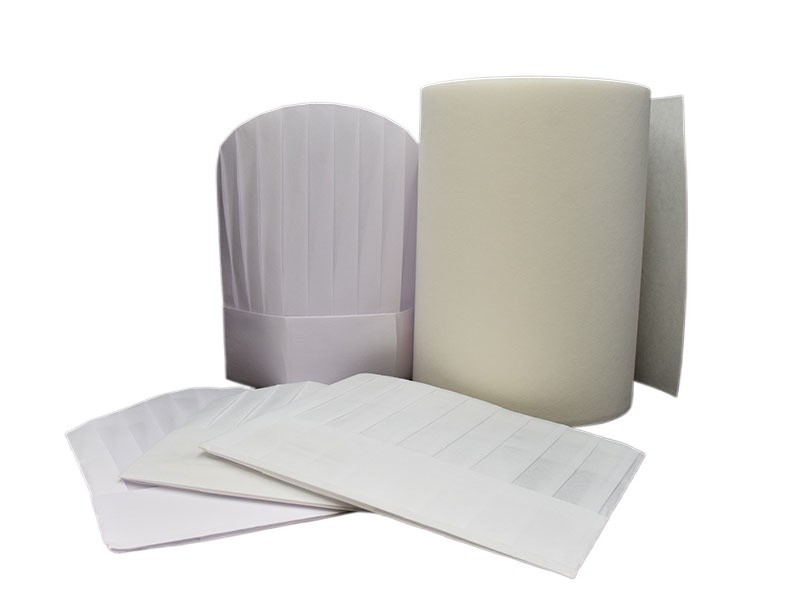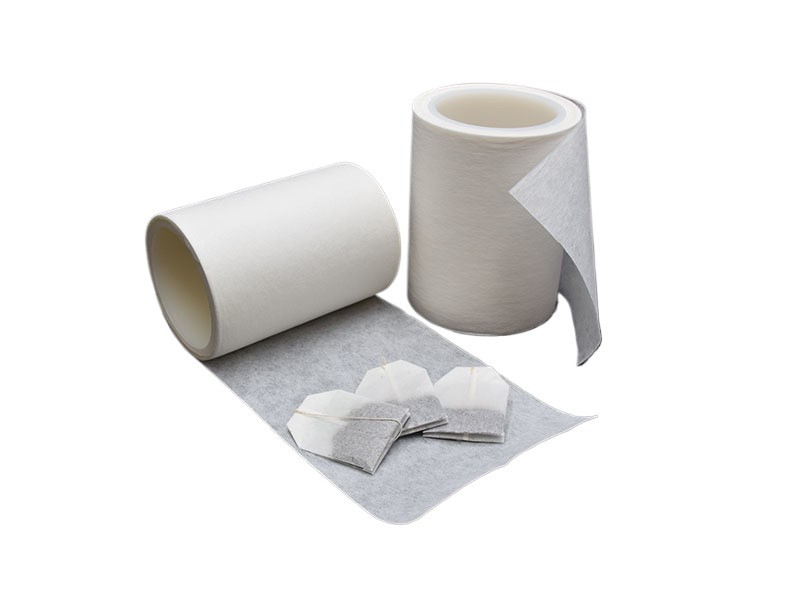Advantages and disadvantages of industrial liquid filtration series
Release time:
2024-11-12
Industrial liquid filters have various advantages and disadvantages in industrial applications, as detailed below:
Advantages
High filtration precision: Industrial liquid filters use precision filtration technology, capable of capturing small particles, suspended matter, and contaminants, with filtration precision typically between 0.1 microns and 10 microns, meeting the liquid filtration requirements of different industries.
High filtration efficiency: Industrial liquid filters have a high filtration efficiency, effectively removing impurities and contaminants from liquids, ensuring filtration quality.
Strong processing capacity: Industrial liquid filters usually have a large filtration area and high processing capacity, able to handle larger flow rates, reducing the frequency of filter element replacements and lowering maintenance costs.
Good pressure and corrosion resistance: Industrial liquid filters are made from materials that are resistant to high temperatures and acids/bases, allowing them to operate stably in different industrial environments and adapt to complex liquid processing conditions.
Easy to operate and maintain: Industrial liquid filters have a simple design, are easy to operate, and convenient to maintain, allowing for quick disassembly and cleaning or replacement of filter elements, reducing maintenance time.
High economic benefits: Compared to other types of filtration equipment, industrial liquid filters have a lower initial investment cost and relatively economical operating costs, providing high cost-effectiveness over long-term use.
Disadvantages
Limited filtration effect: Although industrial liquid filters can effectively remove impurities from liquids, their filtration effect may be limited for some small particles and dissolved substances.
Higher cleaning and maintenance costs: Industrial liquid filters require regular cleaning and maintenance to maintain good filtration performance, which may increase the user's operating costs.
Sensitive to environmental conditions: The use of industrial liquid filters is affected by environmental conditions such as temperature, humidity, and pressure, and they may not function properly in special environments.
Potential for secondary pollution: During use, industrial liquid filters may generate secondary pollution, such as wastewater and waste produced during filter element cleaning.
Higher purchase and usage costs: The purchase and usage costs of industrial liquid filters are relatively high, which may not be affordable for all enterprises.
Specific types and their advantages and disadvantages
Industrial liquid precision filter elements: Made of multi-layer fiber materials or microporous membranes, they have high filtration precision and a large filtration area, suitable for various industrial environments.
Multi-bag filters: Designed with multiple bags in parallel, they have a large filtration area, strong processing capacity, and are easy to operate and maintain, suitable for handling large volumes of liquid.
Industrial circulating water side filtration devices: They have high filtration efficiency and speed, stable operation, and are easy to operate and maintain, but may struggle to filter larger particles.
In summary, industrial liquid filters have significant advantages in improving filtration efficiency and protecting equipment, but they also have certain limitations in terms of usage and maintenance costs, environmental adaptability, and other aspects. Users need to consider these factors comprehensively when selecting and using them.
Previous Page
Next Page
Previous Page
Next Page
Latest News
Nantong Rainbow Technology Co., Ltd.
Telephone:+86-13587673537
E-mail:chrislc717@163.com
Address: Group 42, Xizansi Village, Xiting Town, Tongzhou District, Nantong City, Jiangsu Province

Copyright©2024 Nantong Rainbow Technology Co., Ltd. | Powered by www.300.cn
Copyright©2024 Nantong Rainbow Technology Co., Ltd.
Powered by www.300.cn



